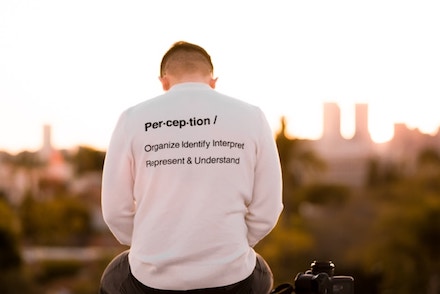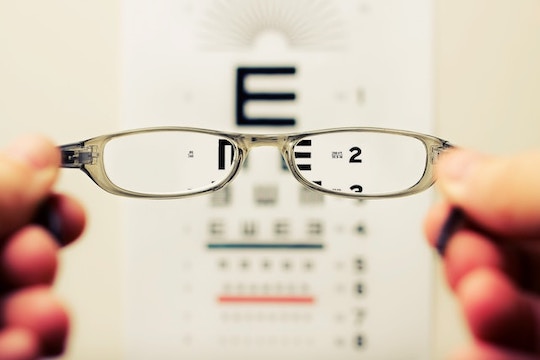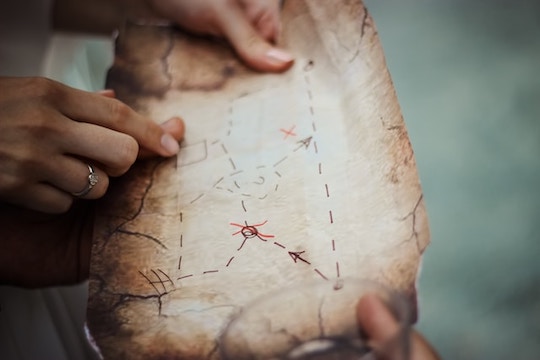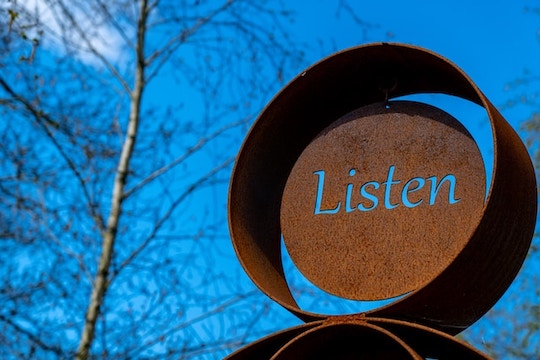“It’s amazing how often the act of aligning on the problem untangles the messiest of knots.”
—Rohan Rajiv, author of A Learning a Day Blog
When we take the time to clearly define and agree on the core issue, confusion dissipates, and solutions become visible.
Too often, teams or individuals get tangled in assumptions, distractions, or conflicting agendas. By aligning perspectives on the real problem, we create a shared focus that simplifies complexity and opens the path forward.
As a coach, I’ve seen this alignment unlock breakthroughs, enabling people to move past obstacles with clarity and confidence.
Untangling isn’t about forcing a solution — it’s about understanding the knot so well that the right moves become obvious.
EXERCISE:
How often do you and your teams focus on solutions before you fully clarify and align on the actual problem?
How would taking this foundational step put you on the road to far better outcomes in your personal and professional communities?










